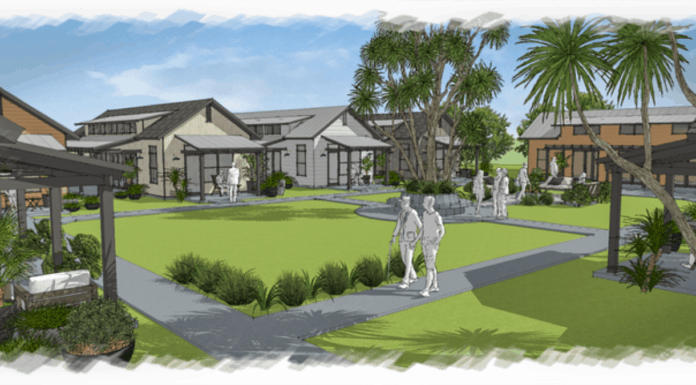This elegant story is a dual commentary on human nature and divine character.
It is a story about Israel’s history, but not necessarily to learn about the past. Rather, it is told so that we, who were a generation yet unborn and probably unimagined–could know the grace and glory of God. For this purpose, the story names what it means that all humans are fallen and broken creatures. And then names what it means to have a gracious and faithful Lord.
The story begins, with a brief historical statement “From the wilderness of Sin the whole congregation of the Israelites journeyed by stages, as the Lord commanded” The people, as they had at Sin, quarrel with Moses, this time demanding, “Give us water to drink”. One detail of the story that is that the people do not complain directly against the Lord, but only against Moses. Moses, however, interprets the complaint against himself as a complaint against God.
He says, “Why do you quarrel with me”? Why do you test the Lord?. The most obvious answer: they were dying of thirst. A human body can survive a long time without food. But without water a human body will die. Their complaint is perfectly valid. It is their lack of faith and the way that they turn on Moses that is the problem. Moses has just been the “means of grace” through which God had delivered them from slavery and fed them with manna and quails. This lack of faith or hard-heartedness, or ingratitude, is the aspect of the human condition that the story names.
Moses responds with a complaint of his own directed to God: “What shall I do with this people? They are almost ready to stone me”. First, both the people and Moses are in desperate situations of crisis. Both face life-and-death situations; the people think they may die of hunger, while Moses thinks he may die at the hands of the people. There is also the traditional “you-complaint”. Moses complains to God that the people said, “Is the Lord among us or not?” Then, there is the “they-complaint” of the prayers. Moses complains about the people especially in situations of crisis tend to break down community, or cause community “neighbors” to turn on one another. The people demand water. Finally, we have God’s response. God graciously and faithfully responds not to the people’s lack of faith, but to their characteristic human needs. Because God is faithful, God responds out of grace and love.
God does so in a manner that provides not simply for the physical need, but in a way that restores the community! Earlier working through Moses, God caused bread to rain down from heaven. In this passage, working through Moses, God causes water, which often rains down from heaven to spring forth from the earth. By working through Moses, the community is restored even as the people’s bodily needs are met.
This story bears witness to the characteristic nature of life and of relationship with God. It is not just the people of Israel who were stiff necked, ungrateful, and lacking in faith. It is all of us. It is not just the people of Israel whose community was threatened by their characteristic infidelity. It is not only the Israelites who complained against God, we do it too.
This story bears witness to the graciousness and faithfulness of God. The entire Book of Exodus is about the faithfulness of God. This is the message of Exodus, that God heard the people’s groaning in Egypt and remembered the covenant with Abraham, Isaac, and Jacob, in Exodus 34:6: “The Lord, the Lord, a God merciful and gracious, slow to anger, and abounding in steadfast love and faithfulness.”
Thanks Be To God!
“I don’t know how but I know WHO!”
Grace and Peace,Pastor Nelda
Dr. Reverend Nelda Barrett Murraine is pastor at First United Methodist PO Box 146 – 229 W 4th St. – Kennedale, TX 76060




































